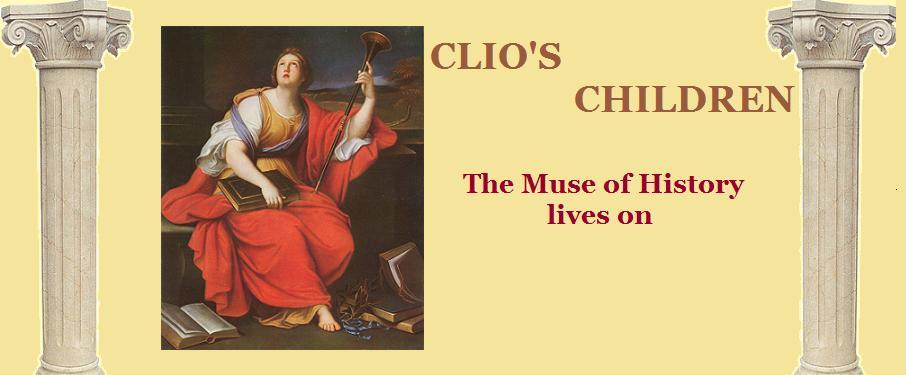As I prepare to write my sermon for Sunday and the last presentations for Black History Month in 2010, the research is still necessary and progresses. I've shared the return to this plateau of public speaking with my historical novel writers group. In doing so, I've requested input from those who do American re-enactments and those in other countries in regard to the American race experience, especially in regard to the Negro or Black, from their perspectives as re-enacters or natives of other lands looking to America and reacting to its circumstances.
One group member who is in New Zealand shared three names with me. So far, I've only been able to read about the two women, Dido Belle and Mary Seacole. Although Dido experienced extremely similar situations and acceptance with her family as I experience here at The Alhambra, the assisted living and retirement community where I currently reside, it is the impressions expressed by Mary Seacole that evidence how I am feeling at this point in time.
Later that year Mary followed her brother Edward to the Isthmus of Panama where her medical skills were soon needed for an outbreak of cholera. She also set up a hotel for travellers selling food and medical provisions mainly to the English and the Americans passing through. It was here that Mary had her first experience of the slaves of America and was deeply affected by their treatment.In 1854 the Crimean war broke out and Mary realised that her skills could be of great help to the soldiers on the front line. She went once again to England and applied to the war office and several other bodies to be sent to the Crimea. She came well armed with excellent references from the many distinguished officers she had helped and worked with over the years but to no avail. Mary began to feel that her colour was hindering her chances.
'I was so conscious of the unselfishness of the motives which induced me to leave England - so certain of the service I could render among the sick soldiery, and yet I found it so difficult to convince others of these facts. Doubts and suspicions arose in my heart for the first and last time, thank heaven. Was it possible that American prejudices against colour had some root here? Did these ladies shrink from accepting my aid because my blood flowed beneath a somewhat duskier skin than theirs? Tears streamed down my foolish cheeks, as I stood in the fast thinning streets; tears of grief that any should doubt my motives.'
Mary was not so easily deterred. Unable to secure a position from the war office, or any other English establishment, she used her own funds to make her way to the Crimea. There she established her own British Hotel and spent the rest of the war tending to the wounded and the sick and providing decent food and shelter to those most in need.
Her words embolden me.




